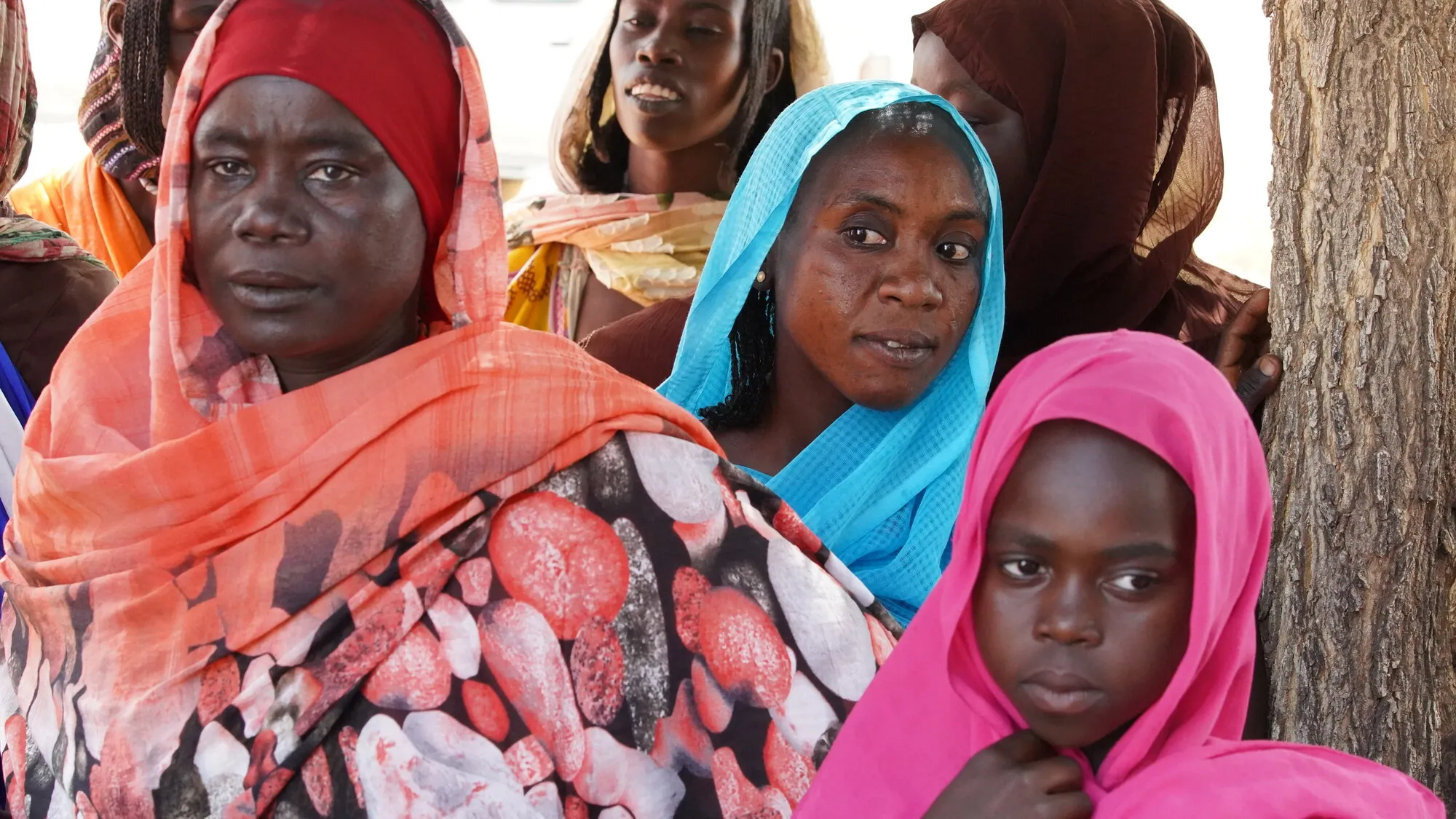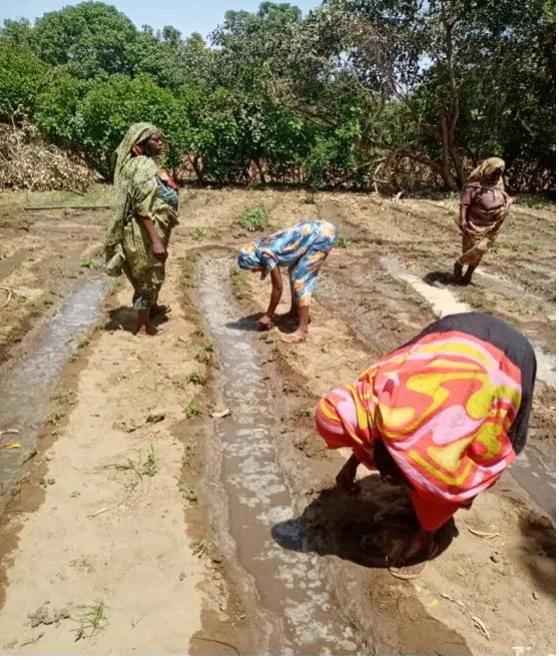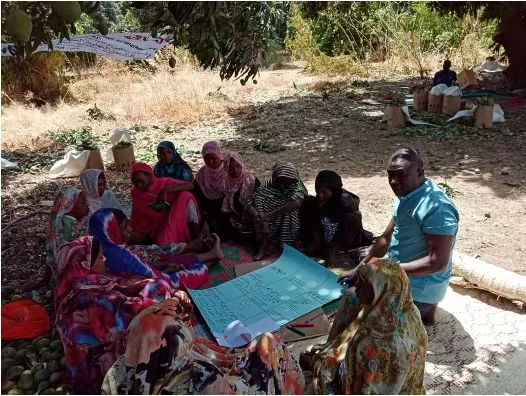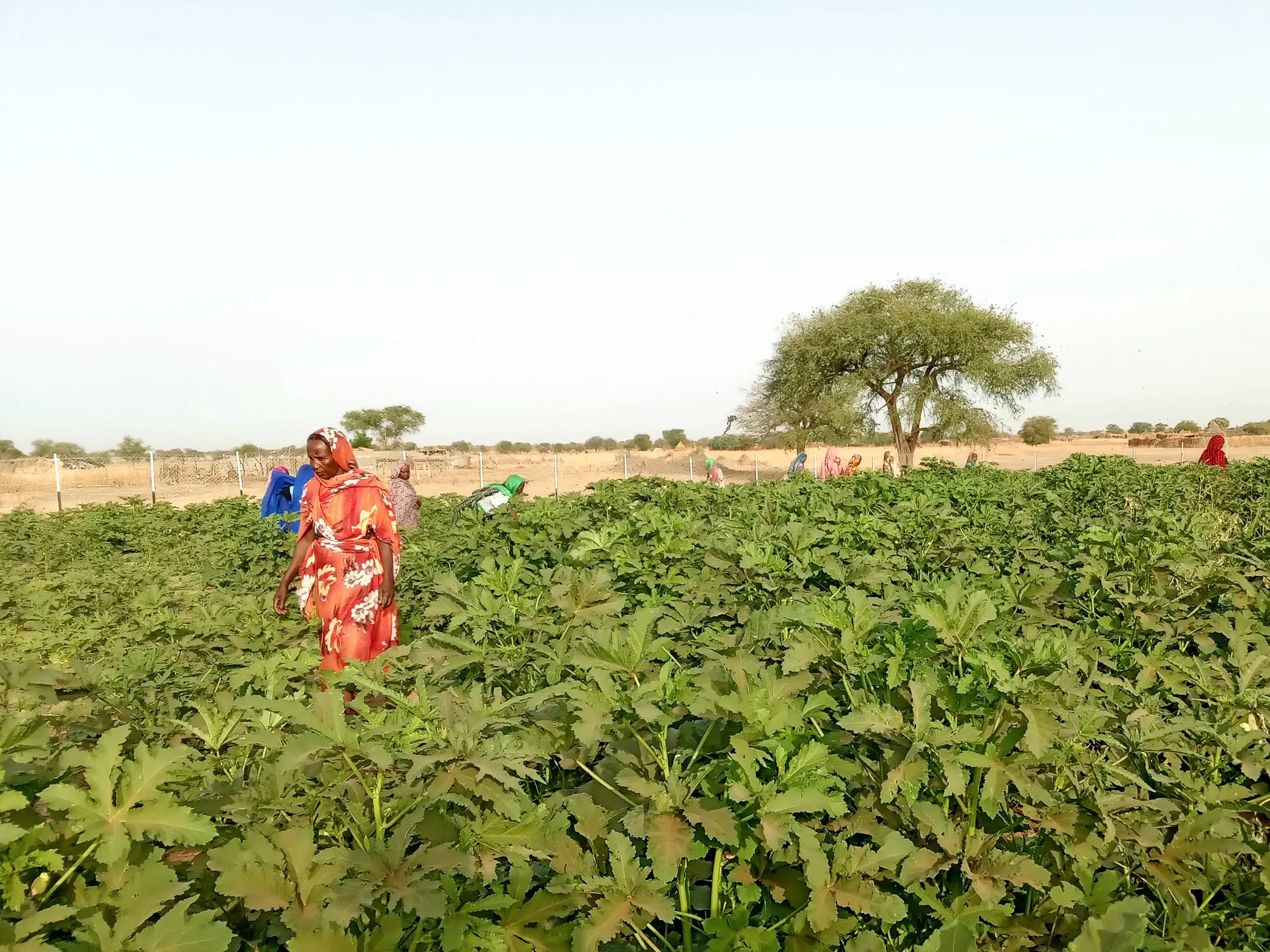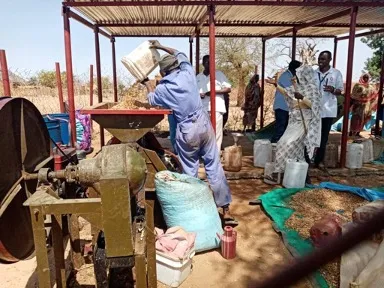Across the country, gender norms and dynamics significantly impact women’s social, economic, and political participation, as well as access to resources and services.
A follow-up CARE gender analysis in 2023 showed the lack of available job opportunities for women, their disproportionate responsibility over the household, which doubles their burdens, lack of ownership, and exposure to gender-based violence all remain core challenges.
According to the study, when many Sudanese women ask for a divorce, their husbands beat them, and their families push them to stay and simply endure the hardships.
“Women experience several challenges related to GBV – beyond the act of violence itself,” the researchers wrote. “GBV is so prevalent due to unequal laws the enable it, patriarchal gender norms, economic hardship, insecurity and conflict, and the absence of law enforcement. It is driven internally by the family by the deep need to protect family honor.”
Working for basic rights
Given the country’s limited financial resources — Sudan has a population of 47 million people and a GDP of $51 billion, according to the World Bank — there is a clear and continued tension around household priorities and decision-making. Women typically expressed responsibility for managing the burden of the overall welfare of the family, regardless of whether they controlled the financial resources or not.
“For years, I had seen women facing gender-based violence and that women were deprived from their basic rights within my community,” says Hawa, a 26-year-old in Abujibiha.”But I felt my hands were tied, and I was not sure what to do to help them.”
Following the community consultation sessions, CARE started organize trainings on gender-based violence in May 2023.
How men and boys can help
The aim of the trainings was, first, to ensure that the project did not exacerbate GBV issues, and then to begin addressing some of the issues raised in the rapid gender analysis.
They also wanted to engage men and boys to shift their mindsets toward supporting women.
“Women’s and girls’ empowerment — including creating more space for them to make decisions — is essential to expand economic growth, promote social development, and combat GBV,” says Takunda Ruvaro, CARE International’s Livelihoods and Markets Advisor in Sudan.
“However, that in itself is not enough, therefore CARE International is also conducting male engagement sessions to shift the mindsets of men and boys in South Kordofan. We cannot combat GBV unless we include men and boys in these discussions.”

